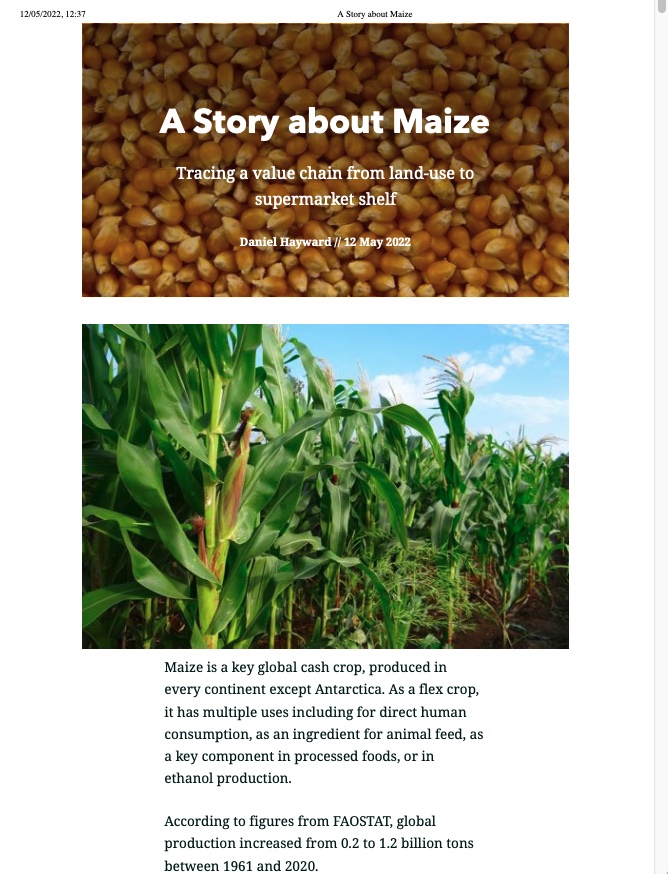Africa’s land rush – what do we really know?
This comic is based on field research conducted around the Feronia palm oil plantation in Tshopo province in north-east DR Congo as part of a project on ‘environmental defenders and atmospheres of violence’. The story focuses on people living next to the Feronia concession and how they experience and fight against the company. While the names in the comic are fictional;the described events are based on testimonies gathered during field research.


